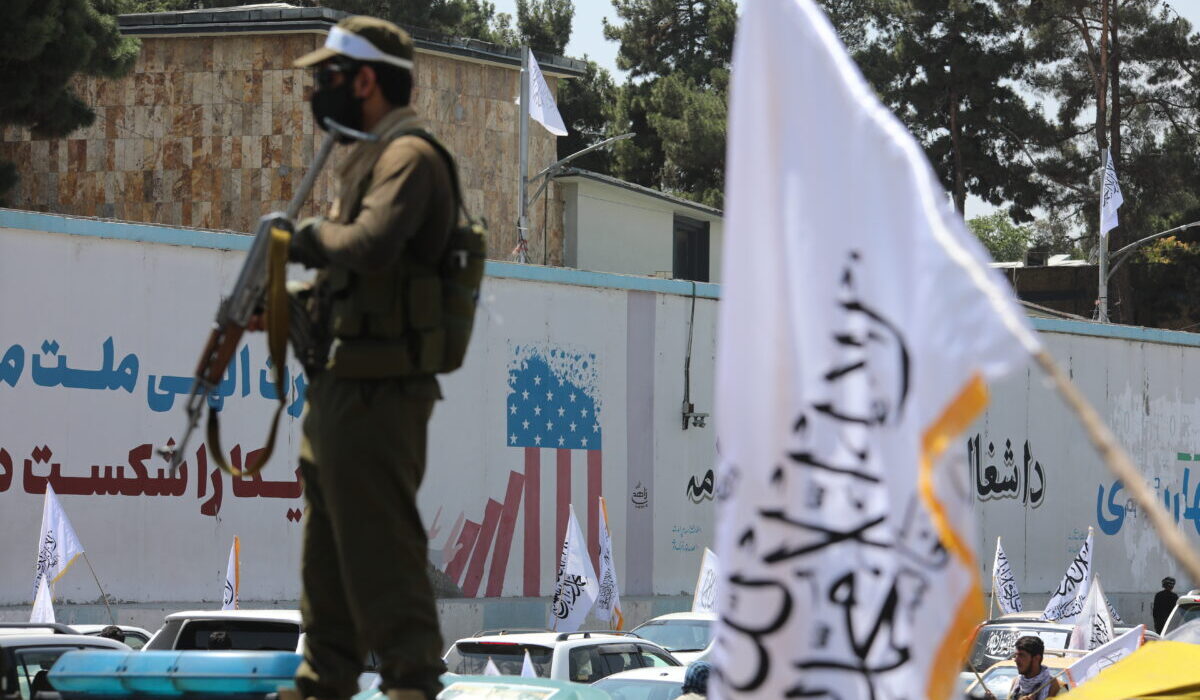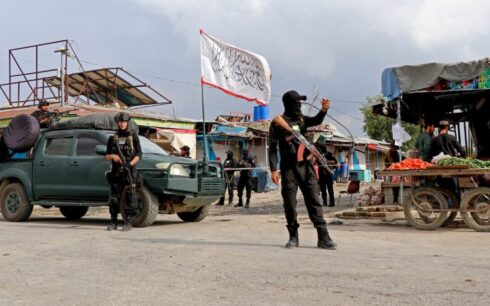KABUL — The Taliban’s Ministry for the Promotion of Virtue and Prevention of Vice on Sunday announced the detention of six people—five men and one woman—on charges of “moral corruption” in Kabul and Farah provinces.
In separate statements, the ministry reported that on Saturday, November 2, its morality police apprehended a man and a woman in Farah’s provincial capital, accusing them of having an “illicit relationship.” The ministry claimed that those detained had confessed to the charges.
In addition, Taliban morality police detained four more people in Kabul on similar charges of “illicit relationships and promoting moral corruption.” These arrests reportedly took place on Saturday in Kabul’s first and thirteenth police districts.
These incidents follow recent arrests in Kandahar, where, on Thursday, October 31, Taliban morality police detained four men and one woman in Dand district, also alleging “moral corruption.”
Since reclaiming power, the Taliban has detained numerous women and girls in Kabul, often accusing them of “improper dress” or “extramarital relationships.”
Richard Bennett, the United Nations special rapporteur on human rights in Afghanistan, highlighted in a recent report that detained women have faced not only repression but, in some cases, “sexual violence and abuse.” Citing credible sources, Bennett described instances in which women detained for not wearing “appropriate” dress were subjected to “verbal humiliation” and “sexual violence.”
Bennett further characterized the treatment of women in Afghanistan under Taliban rule as “gender apartheid,” describing it as an ideological and institutionalized framework of oppression.
A new law issued by the Taliban in August grants the Ministry for the Promotion of Virtue and Prevention of Vice sweeping powers to arrest and punish individuals. One of the most contentious provisions prohibits women’s voices from being heard outside their homes.
The law’s first directive mandates women’s dress, stating in Article 13 that “covering the entire female body is obligatory. Covering the face is necessary to prevent temptation. A woman’s voice (whether in singing, chanting, or public recitation) is considered inappropriate.”
The same article also forbids adult men and women from gazing at each other, deeming it sinful.
The ministry’s morality police are also responsible for preventing the broadcast of women’s voices or music in public spaces. Article 13, Clause 8, mandates that “if an adult woman leaves her home for any essential purpose, she must cover her voice, face, and body.”
According to the law, morality police may detain and punish any woman or girl who appears in public without covering her face.
This legislation has drawn strong domestic and international condemnation. Nonetheless, Taliban officials have consistently defended its enforcement.





